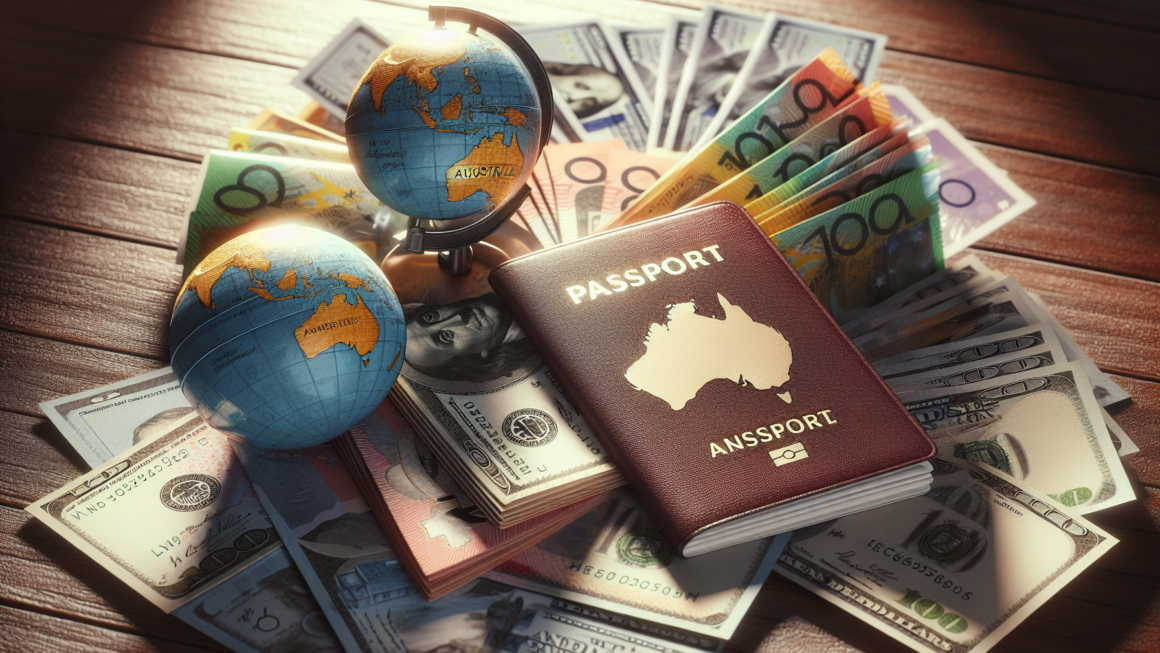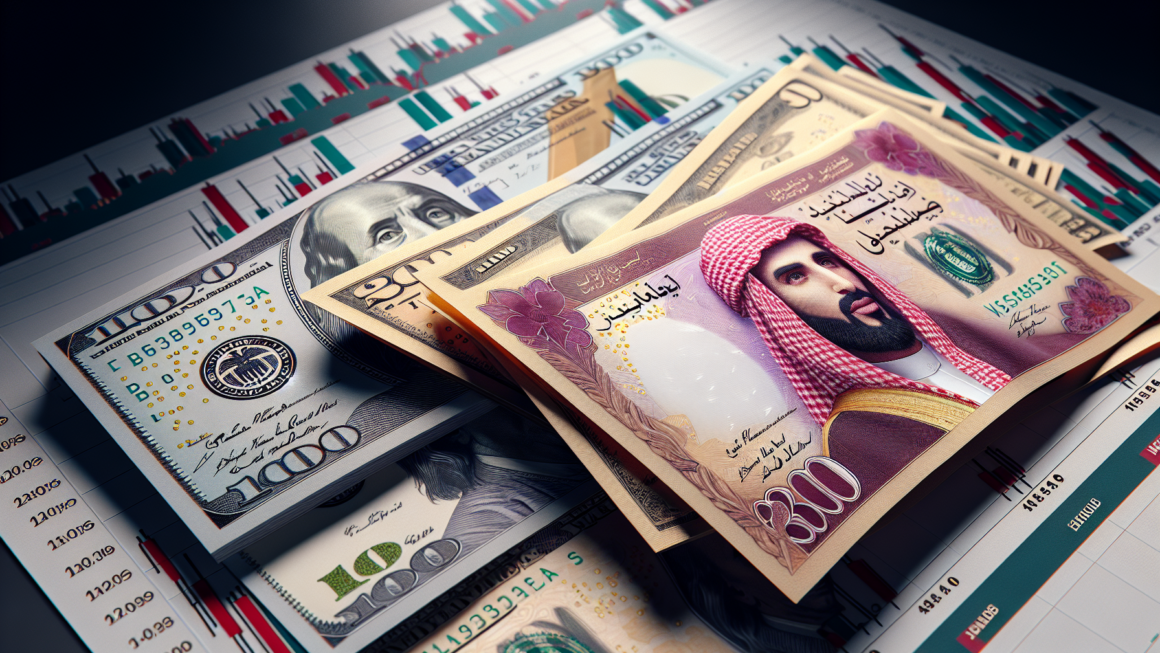Australian Dollar (AUD) to US Dollar (USD) Exchange Rate
When traveling to Australia, understanding the exchange rate between the Australian Dollar (AUD) and your home currency, such as the US Dollar (USD), is essential for budgeting and making informed financial decisions. The Australian Dollar is the national currency of Australia, with denominations including notes of $5, $10, $20, $50, and $100, as well as various coin denominations.
The exchange rate between AUD and USD fluctuates based on various economic factors and market influences. As of June 19, 2024, the mid-market exchange rate provided by XE is 1 AUD = 0.666215 USD. It’s important to note that this rate is used for currency conversion and may not be applicable for money transfers or purchases, as banks and currency exchange providers often add fees and markups.
Current AUD to USD Exchange Rate
The current exchange rate between the Australian Dollar and the US Dollar is a crucial piece of information for travelers and businesses dealing with these currencies. As mentioned earlier, the mid-market rate as of June 19, 2024, stands at 1 AUD = 0.666215 USD. This means that for every Australian Dollar, you would receive approximately 0.666215 US Dollars.
However, it’s essential to keep in mind that this rate is subject to change based on various economic and political factors. When exchanging currency or making purchases, be sure to check the most up-to-date exchange rate to ensure you’re getting the best value for your money.
AUD to USD Exchange Rate History
Analyzing the historical exchange rate between the Australian Dollar and the US Dollar can provide insights into currency trends and help with financial planning. Here are some key figures from the last 30 and 90 days:
| Period | 30-Day High | 30-Day Low | 90-Day High | 90-Day Low |
|---|---|---|---|---|
| Exchange Rate | 0.67003 | 0.65825 | 0.67003 | 0.64121 |
The 30-day average exchange rate is 0.66353, while the 90-day average stands at 0.65762. The volatility, which measures the rate’s fluctuation, is 0.44% for the last 30 days and 0.47% for the last 90 days.
Factors Affecting AUD to USD Exchange Rate
Several factors can influence the exchange rate between the Australian Dollar and the US Dollar. These include:
- Economic indicators such as GDP, inflation, and interest rates
- Political stability and events in both Australia and the United States
- Global market sentiment and investing trends
- Trade relations and balance between the two countries
- Commodity prices, especially for Australia’s major exports like iron ore and coal
Staying informed about these factors can help you better understand the reasons behind exchange rate fluctuations and make more informed decisions when converting between AUD and USD.
Best Ways to Exchange Currency in Australia
When traveling to Australia, it’s important to know the best ways to exchange your currency to ensure you get the most value for your money. There are several options available, each with its own advantages and disadvantages.
Currency Exchange at Australian Banks
One of the most common and reliable ways to exchange currency in Australia is through banks. Major Australian banks such as NAB, ANZ, Commonwealth Bank, and Westpac offer currency exchange services at their branches. Smaller banks like ING Direct, AMP Banking, and HSBC Australia also provide currency exchange options.
When exchanging money at a bank, you can expect a secure transaction and competitive exchange rates. However, it’s essential to keep in mind that banks may charge fees for currency exchange services, and the rates may not be as favorable as those offered by specialist currency exchange providers.
Using ATMs and Credit Cards in Australia
Another convenient option for accessing local currency in Australia is by using ATMs or credit cards. ATMs are widely available throughout the country, and most international cards, such as Visa and Mastercard, are accepted. When using an ATM, be aware of any fees charged by your bank or the ATM provider.
Credit cards are also widely accepted in Australia, with major providers like American Express, Visa, Mastercard, UnionPay, and JCB being recognized at most establishments. Using a credit card can offer additional benefits such as fraud protection and rewards points, but be mindful of any foreign transaction fees your card issuer may charge.
Currency Exchange Offices and Kiosks
Currency exchange offices and kiosks are another option for exchanging money in Australia. These can often be found in airports, hotels, and tourist areas. While they offer convenience, it’s important to compare exchange rates and fees, as they may not always offer the best value.
Some popular currency exchange providers in Australia include Travelex, Travel Money Oz, and UAE Exchange. Be sure to shop around and compare rates before making a transaction to ensure you’re getting the best deal.
Money and Payment Tips When Traveling to Australia
When traveling to Australia, it’s essential to be aware of local customs and practices related to money and payments. Here are some useful tips to keep in mind:
Tipping Customs in Australia
Tipping is not as common or expected in Australia as it is in some other countries, like the United States. However, it is becoming more popular, especially in upmarket restaurants and for exceptional service. A general rule is to tip around 10% in such situations, but it is ultimately up to the individual.
In most other settings, such as cafes, bars, and taxis, tipping is not necessary, but rounding up the bill or leaving some spare change is appreciated.
Australia’s Goods and Services Tax (GST) for Travelers
Australia has a Goods and Services Tax (GST) of 10%, which is included in the price of most goods and services. As a traveler, you may be eligible for a refund of the GST paid on goods through the Tourist Refund Scheme (TRS).
To qualify for the TRS, you must spend AUD$300 or more with a single business, no more than 60 days before departing Australia. Be sure to ask the retailer for a tax invoice and follow the TRS process at the airport or port of departure.
Using Mobile Payments and Digital Wallets in Australia
Australia has widely adopted mobile payments and digital wallets, with options like Apple Pay and Google Pay being accepted at many retailers and establishments. This provides a convenient and secure way to make payments without the need for cash or physical credit cards.
To use mobile payments, simply add your credit or debit card information to your digital wallet app and use your mobile device to make contactless payments at supported terminals.
Other Practical Travel Tips for Australia
In addition to currency exchange and payment tips, there are several other practical travel tips to keep in mind when visiting Australia:
Languages Spoken in Australia
Australia’s official language is English, making it easy for most travelers to communicate and navigate the country. However, Australia is a multicultural nation, and you may encounter people speaking various languages, especially in larger cities.
Some common languages spoken in Australia include Mandarin, Italian, Greek, Arabic, and Vietnamese. Learning a few basic phrases in these languages can help you connect with locals and show respect for their cultural backgrounds.
Staying Safe at Australian Beaches
Australia is renowned for its beautiful beaches, but it’s crucial to prioritize safety when enjoying the coastline. Many beaches are patrolled by lifeguards, who designate safe swimming areas with red and yellow flags. Always swim between these flags and follow any instructions given by lifeguards.
Be aware of potential hazards such as rip currents, marine life, and sun exposure. Use a high SPF sunscreen, wear protective clothing, and stay hydrated to prevent heat-related illnesses.
Accessibility and Services for Travelers with Disabilities
Australia offers a range of services and accommodations for travelers with disabilities. Many public spaces, transportation options, and tourist attractions are designed to be accessible, with features like ramps, lifts, and accessible bathrooms.
When planning your trip, communicate your specific needs with travel agents, accommodations, and tour operators to ensure they can provide the necessary support and arrangements. With proper preparation and communication, travelers with disabilities can enjoy a comfortable and memorable experience in Australia.
See also:




